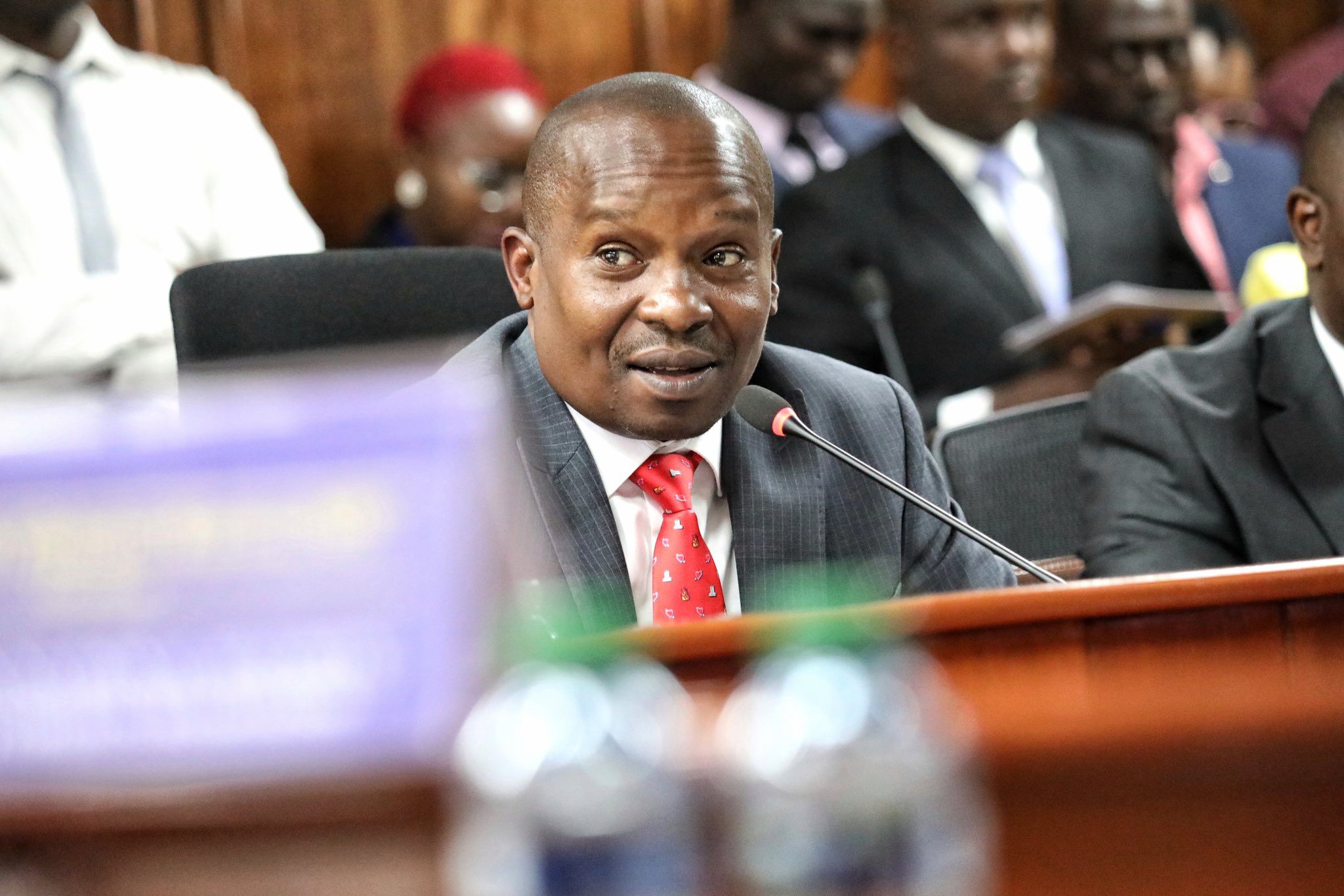
Things are taking a turn for the better following the US government easing the ban by granting Huawei a temporary reprieve for 90 days with a possible extension. The time period will buy time for the company, its customers and suppliers to prevent havoc similar to what the ZTE ban had previously brought. This will enable them to pass along security patches and software updates to their clients and keep existing networks operating such as telecom providers in rural areas of the United States, Europe and other countries in the meantime. It also means that Huawei can continue to contribute to the standards-setting process for 5G.
The US Commerce Department has effectively delayed some of the consequences of the Trump order for Huawei for 90 days till August 19th by giving them a Temporary General License. Within this time period, Huawei will be able to purchase American made goods in order to maintain existing networks and provide software updates to existing Huawei devices. The company is however barred from buying American arts and components to make new products without license approvals.
This is comforting news for Huawei device holders as the reprieve holds for the Android license that had been previously revoked. What this means is that Huawei can still certify OS updates with Google for existing devices. It is, however, unknown if this time period will be decent enough to allow for Android Q updates. What is known is that Huawei can’t launch new phones that Google hasn’t certified them to use the search giant’s services although the Honor 20 and Honor 20 Pro launching this week are safe. Worth noting is that the Mate X is safe too. Only phones slated to launch later this year have a rather bleak future.
It is expected that the 90-day reprieve will be sufficient enough for the ongoing trade negotiations to smooth things over.
Ren Zhengfei, Huawei Founder has downplayed the impact saying that it won’t affect the company’s 5G rollout and that it will take long for rival companies to catch up with their 5G technologies. In a rare interview with the Chinese state newspaper, Global Times, he adds that the 90 day time period won’t be that significant since the company already had contingency plans.
The grace period will now buy the tech giant the time to figure out alternative sources for its US-made components. The company spent close to $11 billion to get components from the US last year out of the $70 billion it spends. Huawei usually buys these components in bulk and as revealed by the Global Times, Huawei’s operations will survive through the ban according to its founder.
In another interview with CCTV, Ren added that the U.S. government’s actions at the moment underestimated their capabilities. He concluded by saying that Huawei can make the components it buys from the United States but that doesn’t mean it will stop buying said components.
According to What’s On Weibo, Chinese customers are posting in support of Huawei’s statements. The customers are saying they’ll continue using Huawei devices and will buy future devices from Huawei. Hashtags such as Huawei Doesn’t Need to Rely on America for its Microchips and Huawei’s Self-Developed Operating System Hong Meng have been trending on Weibo, the Chinese version of Twitter.
Stakeholders such as John Neuffer, the president of the Semiconductor Industry Association, which represents U.S. chipmakers and designers are already urging the US government to ease the restrictions further. Another stakeholder argued that up to 74,000 jobs could be lost. The Information Technology and Innovation Foundation argues that up to $56.3 billion could be lost and damage the country’s economy.


















